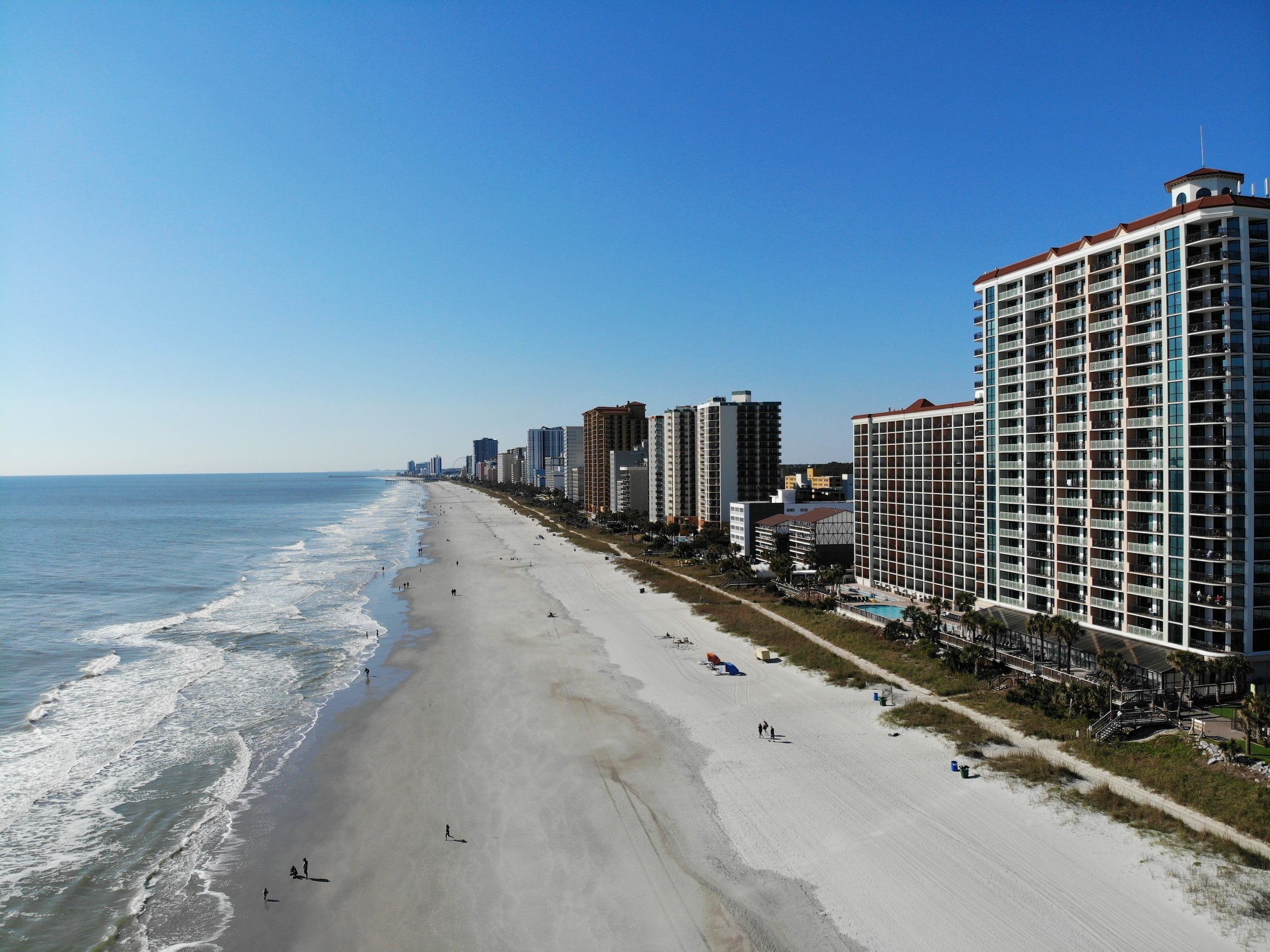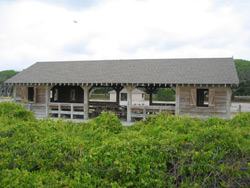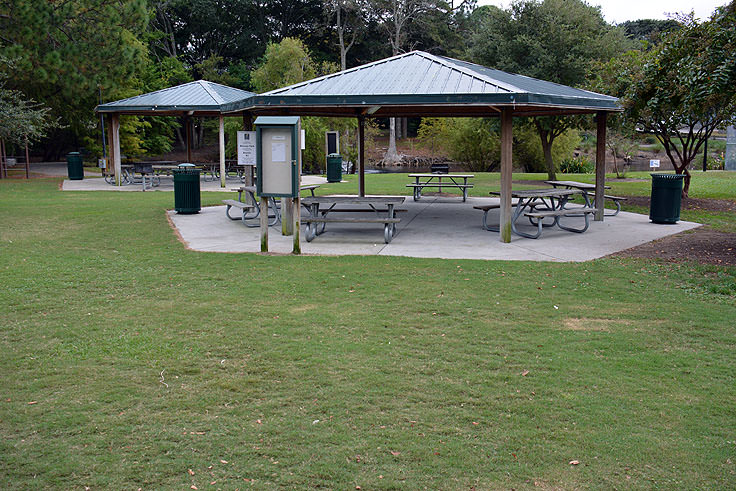Myrtle Beach, renowned for its stunning coastline and vibrant tourist atmosphere, is also home to various shelters and vital services focused on helping vulnerable populations. This article serves as a comprehensive guide to understanding the numerous shelters in Myrtle Beach, SC, their services, and how they contribute to the local community. Whether you’re looking to volunteer, donate, or seek assistance, Myrtle Beach offers a range of options to suit your needs.
Understanding the Need for Shelters in Myrtle Beach, SC
The demand for shelter services often reflects the social challenges faced within a community. In a tourist destination like Myrtle Beach, factors such as seasonal employment, affordability of living, and economic fluctuations can lead to an increased need for shelter services. The residents and visitors can benefit from understanding these shelters and the essential services they provide.
The Impact of Tourism
With millions visiting Myrtle Beach each year, the tourism industry plays a significant role in the local economy. However, this can also create challenges for residents, particularly those in need. Recognizing the dual impact of tourism can promote empathy and support for local shelters that assist those experiencing homelessness or crisis.
Types of Shelters Available in Myrtle Beach, SC
There are several types of shelters in Myrtle Beach, each catering to unique populations and circumstances.
1. Emergency Shelters
Emergency shelters are designed to provide immediate assistance for individuals and families in crisis. These shelters typically offer temporary accommodations and essential services.
Notable Emergency Shelters
- Hope Harbor Home: A shelter for women and children escaping domestic violence.
- Benevolence Project: Provides short-term housing and assistance for the homeless.
2. Transitional Shelters
Transitional shelters offer longer-term accommodations for individuals and families who are working towards self-sufficiency.
Examples of Transitional Shelters
- The Salvation Army: Offers transitional housing and supportive services.
- New Directions of Horry County: Focuses on job readiness and life skills.
3. Youth Shelters
Youth shelters cater specifically to homeless or at-risk youth, providing them with a safe space and access to education and mentorship.
Key Youth Shelter

Services Offered by Shelters in Myrtle Beach, SC
Beyond just providing a roof over one’s head, shelters in Myrtle Beach offer a variety of supportive services designed to empower individuals and families.
Essential Services Provided
- Food Assistance: Many shelters provide hot meals and food pantries.
- Counseling Services: Mental health support is often available.
- Job Training Programs: Shelters may offer resources for job readiness and skill development.
- Health Services: Access to basic medical care and health education.
Volunteering and Donations: How You Can Help
Community support is vital for the operation of shelters. Local residents can contribute in numerous ways, from volunteering time to providing financial support or donations of goods.
Ways to Get Involved
- Volunteer Opportunities: Many local shelters seek volunteers for meal preparation, mentorship, and administrative tasks.
- Donation Drives: Organize or participate in drives for clothing, food, and hygiene products.

Tips for Choosing the Right Shelter in Myrtle Beach, SC
Choosing the right shelter can depend on various factors, including personal needs and circumstances. Here are some tips to consider:
Key Considerations
- Type of Shelter Needed: Identify whether you need emergency, transitional, or specialized services.
- Location: Consider how close the shelter is to essential services like food, medical care, and employment opportunities.
- Availability of Services: Ensure the shelter provides the necessary support services you may need.
Comparison of Shelters in Myrtle Beach, SC
To better understand the shelters available, here is a comparison table outlining key features of some main shelters in Myrtle Beach:

| Facility Name | Type of Shelter | Target Population | Services Offered | Contact Information |
|---|---|---|---|---|
| Hope Harbor Home | Emergency | Women and children | Safe shelter, counseling, legal aid | [email protected] |
| The Salvation Army | Transitional | Families and individuals | Job training, counseling, food assistance | [email protected] |
| New Directions of Horry County | Transitional | Homeless individuals | Housing, support services, life skills training | [email protected] |
| Boys & Girls Club of the Grand Strand | Youth | At-risk youth | Education, mentorship, safe space | [email protected] |
Community Support and Local Experiences
The community of Myrtle Beach actively participates in supporting local shelters and their initiatives. From fundraising events to awareness campaigns, the involvement of local businesses and residents is crucial.

Local Events Supporting Shelters
- Fundraising Walks: Events like the “Walk for Hope” raise funds for shelters.
- Community Service Days: Local groups often organize service days to help with tasks at shelters.
FAQs about Shelters in Myrtle Beach, SC
1. What types of shelters are available in Myrtle Beach, SC?
There are emergency shelters for immediate needs, transitional shelters for longer stays, and youth shelters dedicated to at-risk youth.

2. How can I volunteer at a local shelter?
Contact the shelter directly via email or phone to inquire about their volunteering opportunities. Many shelters appreciate help with meal preparation, mentoring, and administrative tasks.
3. What services do shelters in Myrtle Beach offer?
Services can include food assistance, counseling, job training, and health services. Each shelter may have a unique combination of offerings.

4. How can I donate to a shelter?
Donations can be made through the shelters’ websites or by directly contacting them for specific needs, such as food, clothing, or monetary contributions.
5. Are there shelters specifically for families in Myrtle Beach?
Yes, several shelters like The Salvation Army provide support specifically for families seeking temporary housing and assistance.

Conclusion: The Importance of Community and Support
In conclusion, the shelters in Myrtle Beach, SC, play a vital role in supporting vulnerable populations. By understanding the services available and getting involved, we can help create a supportive environment that fosters recovery and growth for those in need.
For more information on the impact of shelters and community services, visit HUD’s Community Planning webpage and check out the 2017 Homeless Assistance Reports.